Until the Stones Speak (2024)
• April 17th, 2024 • 1h 40min
Documentary
Overview
There are five grandmothers, four of whom went to Jeonju Prison due to the Jeju 4.3. All of them were young people around the age of 20 at the time of the incident in 1948. The outline of the incident is formed when hearing the experiences of those who were sent to prison without trial particularly as women. The audience feels indescribable emotions by the fact that they have lived on despite what they had gone through, things that are just too much for a human being to bear.
Make sure to check your pop-up blocker!!
Trailer
Similar Movies
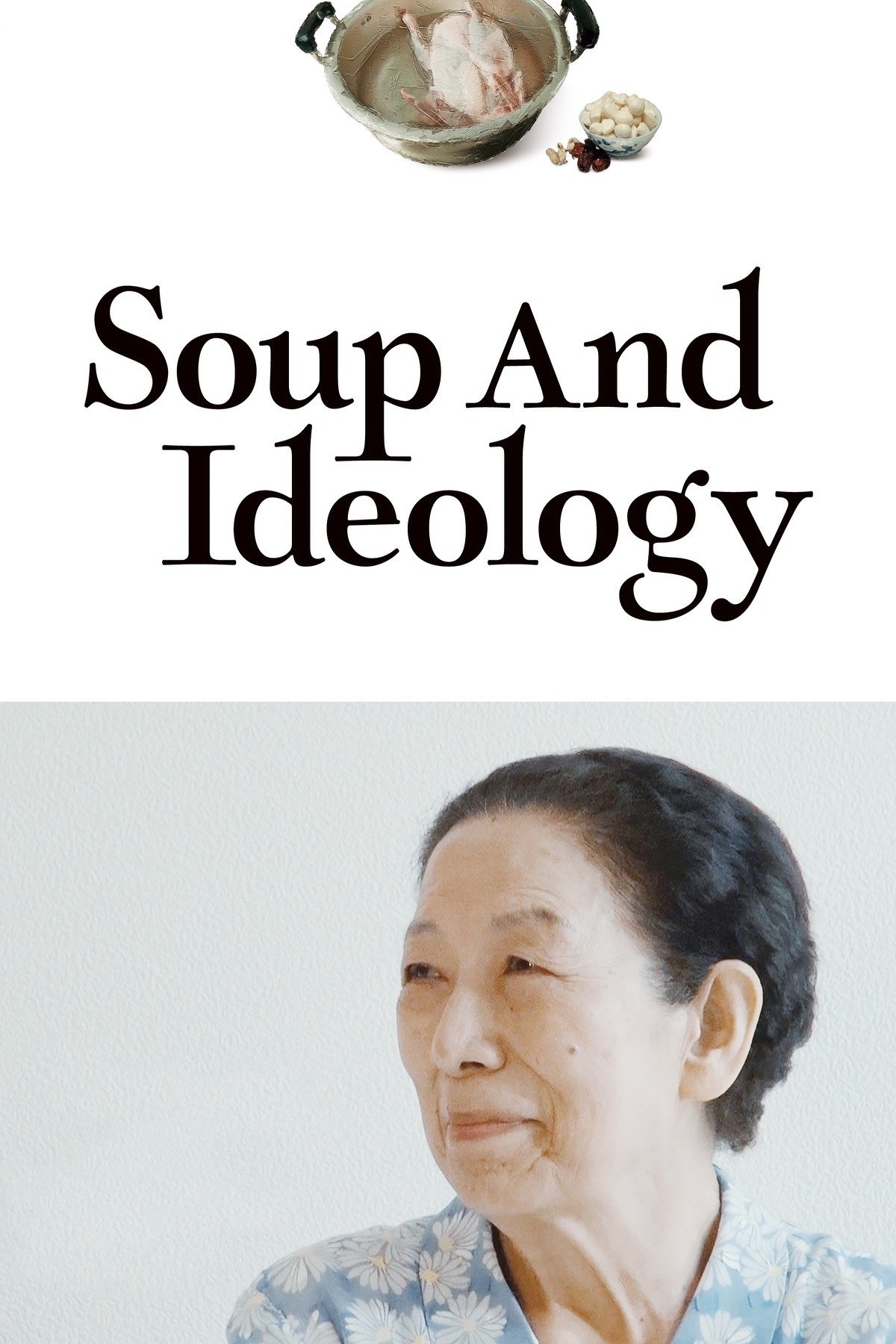
Soup and Ideology
Released on: 2022-06-11
Documentary
Confronting half of her mother’s life—her mother who had survived the Jeju April 3 Incident—the dire...
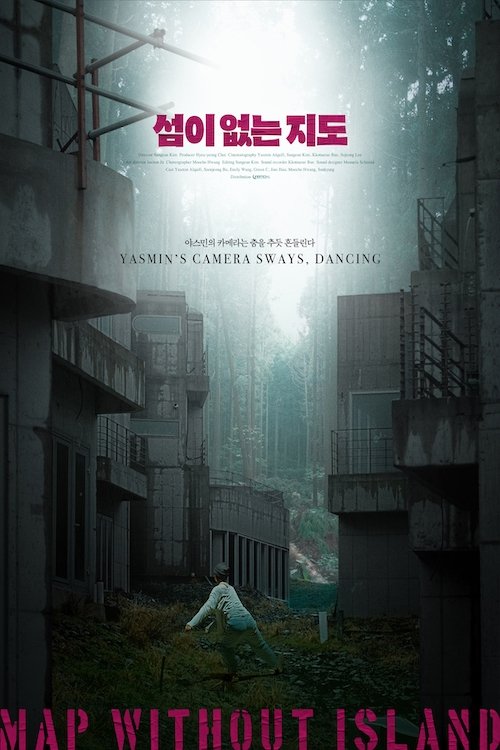
Map without Island
Released on: 2021-10-10
Documentary
The film shows demonstrations against building the second airport in Jeju Island the performances of...

May•JEJU•Day
Released on: 2021-09-08
Animation, Documentary
Immediately after liberation, an incident called 'Jeju Uprising' took place on Jeju Island, the Hawa...

Jeju Prayer
Released on: 2013-04-03
Documentary
Focusing on Mrs. Kang Sang-hee’s life, she lost her husband in the Jeju Uprising (March 3rd, 1948). ...
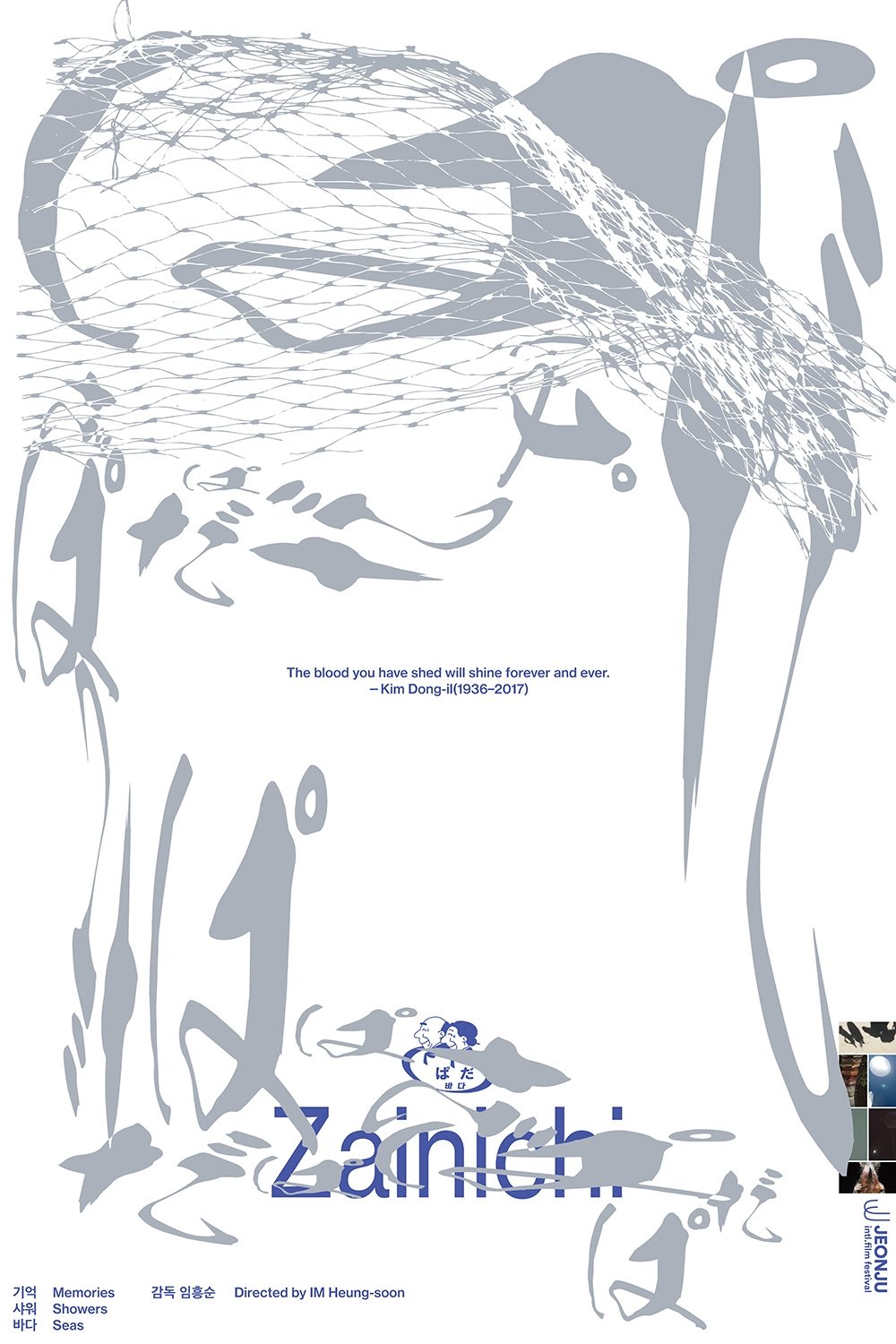
Memories Showers Seas
Released on: 2025-05-02
Documentary
The late Kim Dong-il, a Jeju April 3 refugee in Japan, left behind over 2,000 crocheted items and pi...
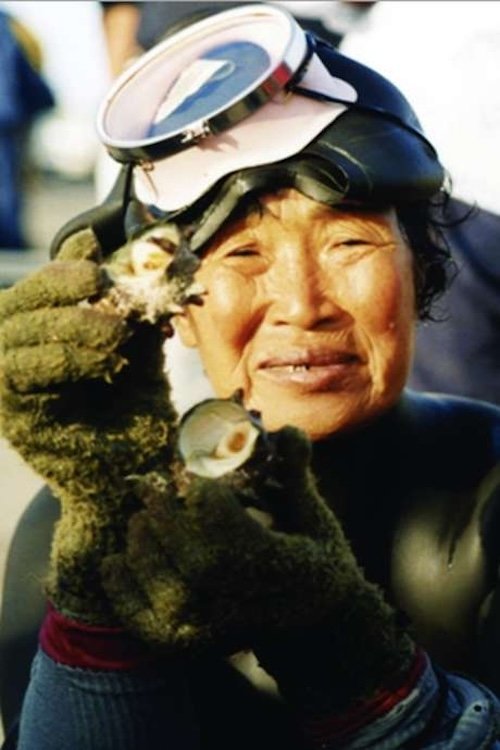
Diving Women of Jeju-do
Released on: 2007-01-01
History, Documentary
Jeju-do is the largest of Korean islands and lies between Korea and Japan. There, for hundreds of ye...
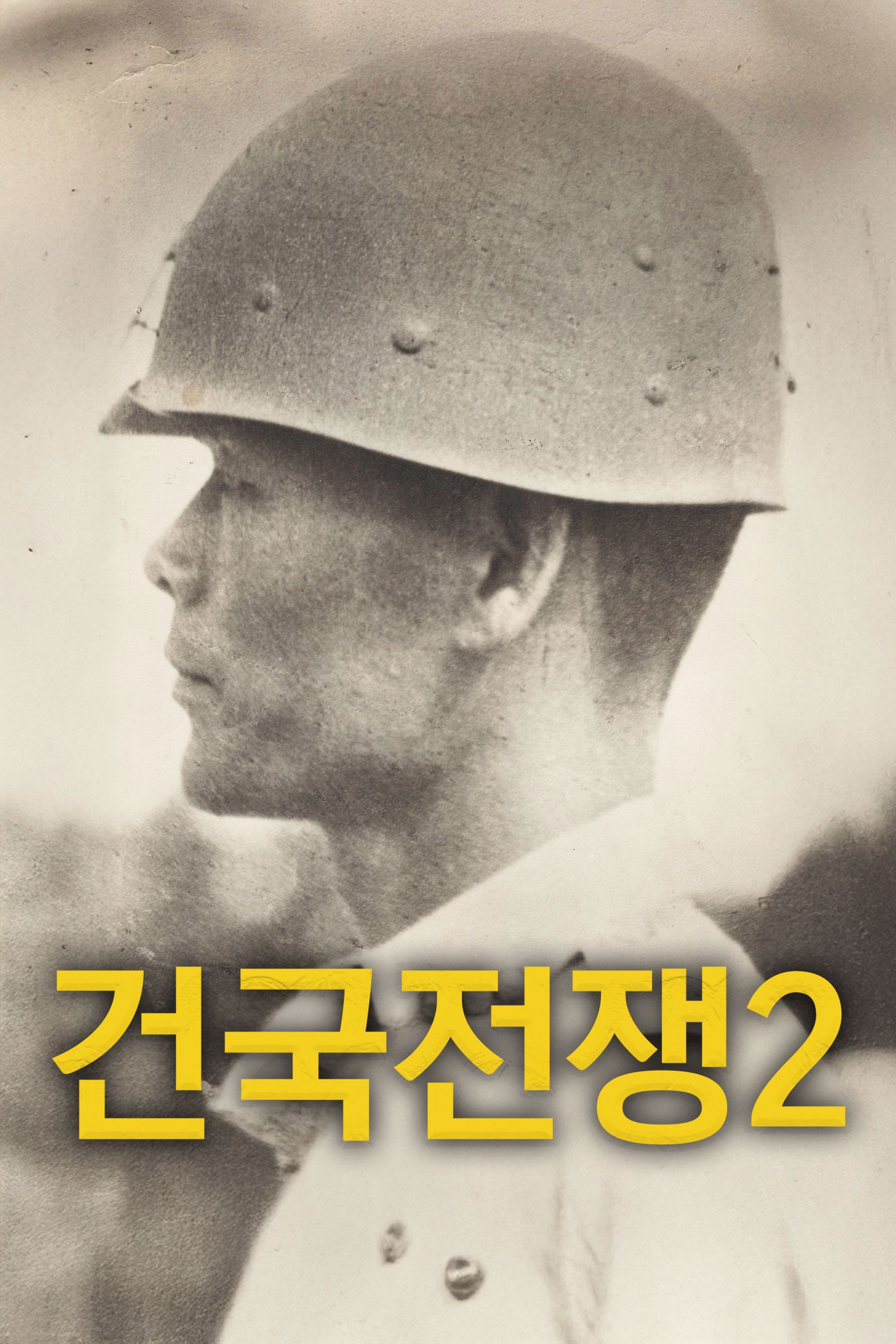
The Birth of Korea 2: Freedom Fighter
Released on: 2025-09-10
Documentary, History
How did South Korea, after liberation in 1945 defend liberal democracy against leftist and communist...
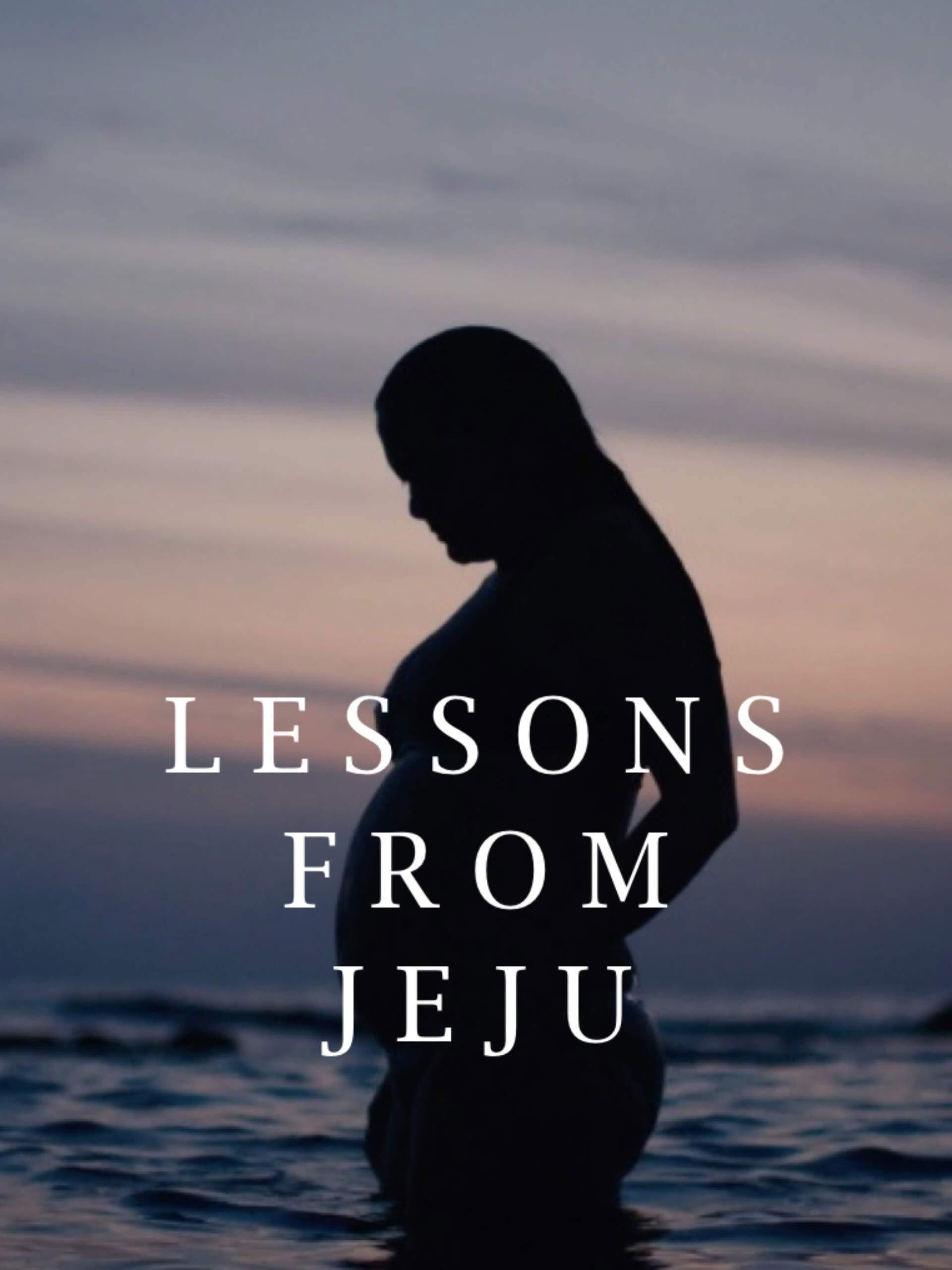
Lessons from Jeju
Released on: 2020-05-11
Documentary
Seven months pregnant and apprehensive of the effect motherhood would have on her career as a profes...
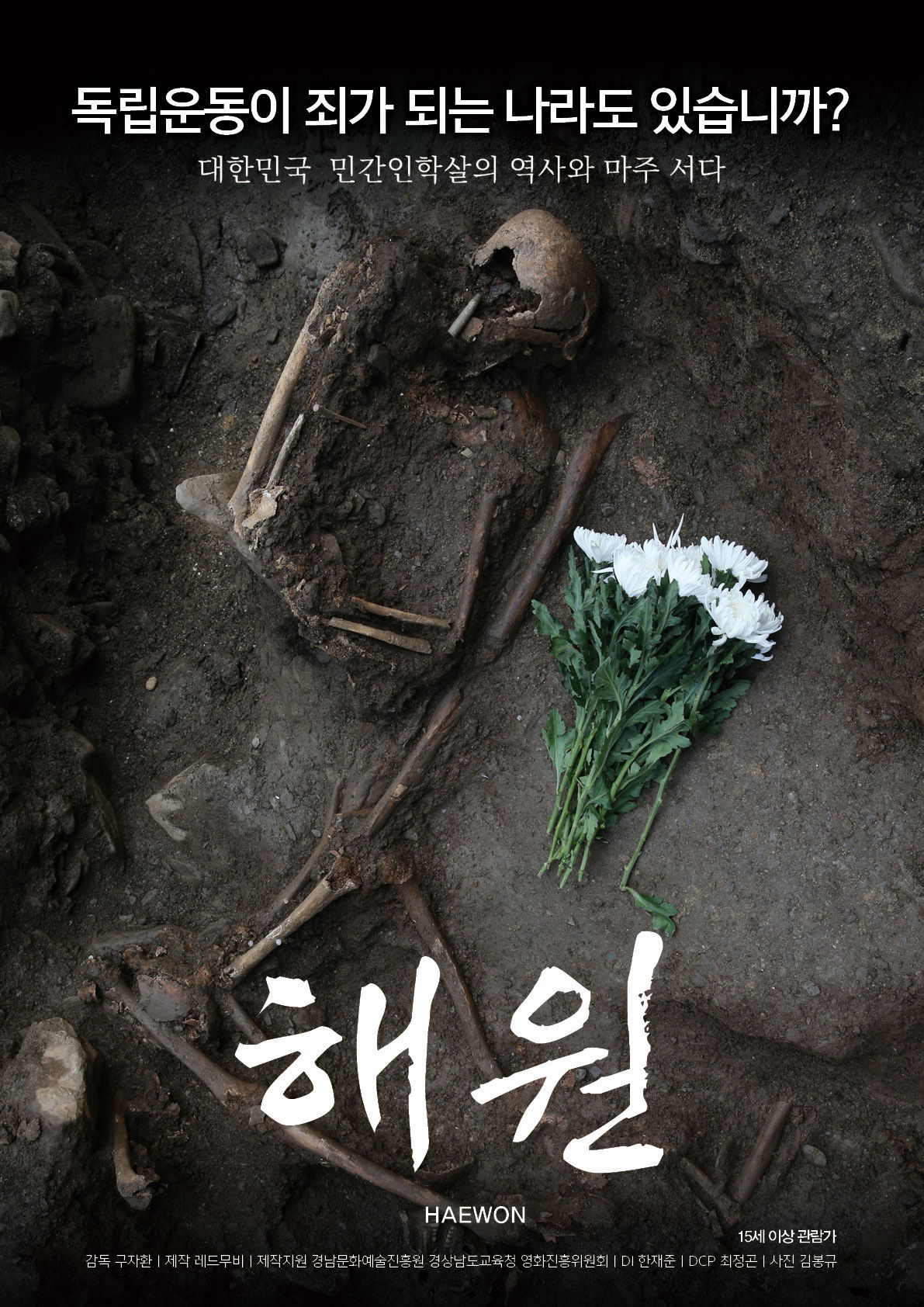
Haewon
Released on: 2018-05-10
Documentary
According to a survey by the U.S. military government in 1946, 78% of the South Korean people wanted...

The Ghosts of Jeju
Released on: 2013-08-02
Documentary
Documentary about the struggle of the people of Jeju Island, South Korea. Set in the context of the ...
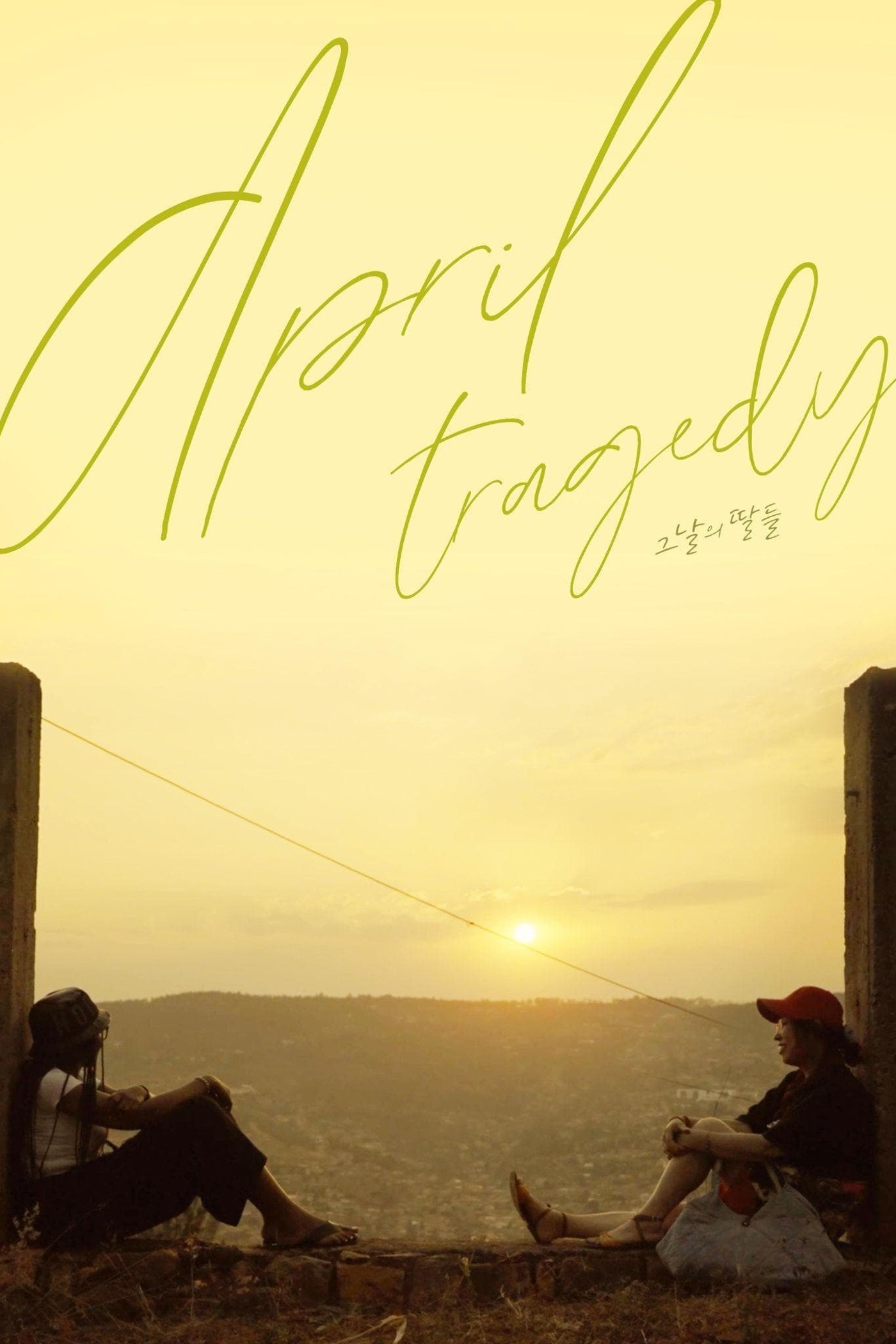
April Tragedy
Released on: 2024-04-03
Documentary
The oral writer of the April 3 Uprising and a Rwandan who came to Korea to study face each other, ha...
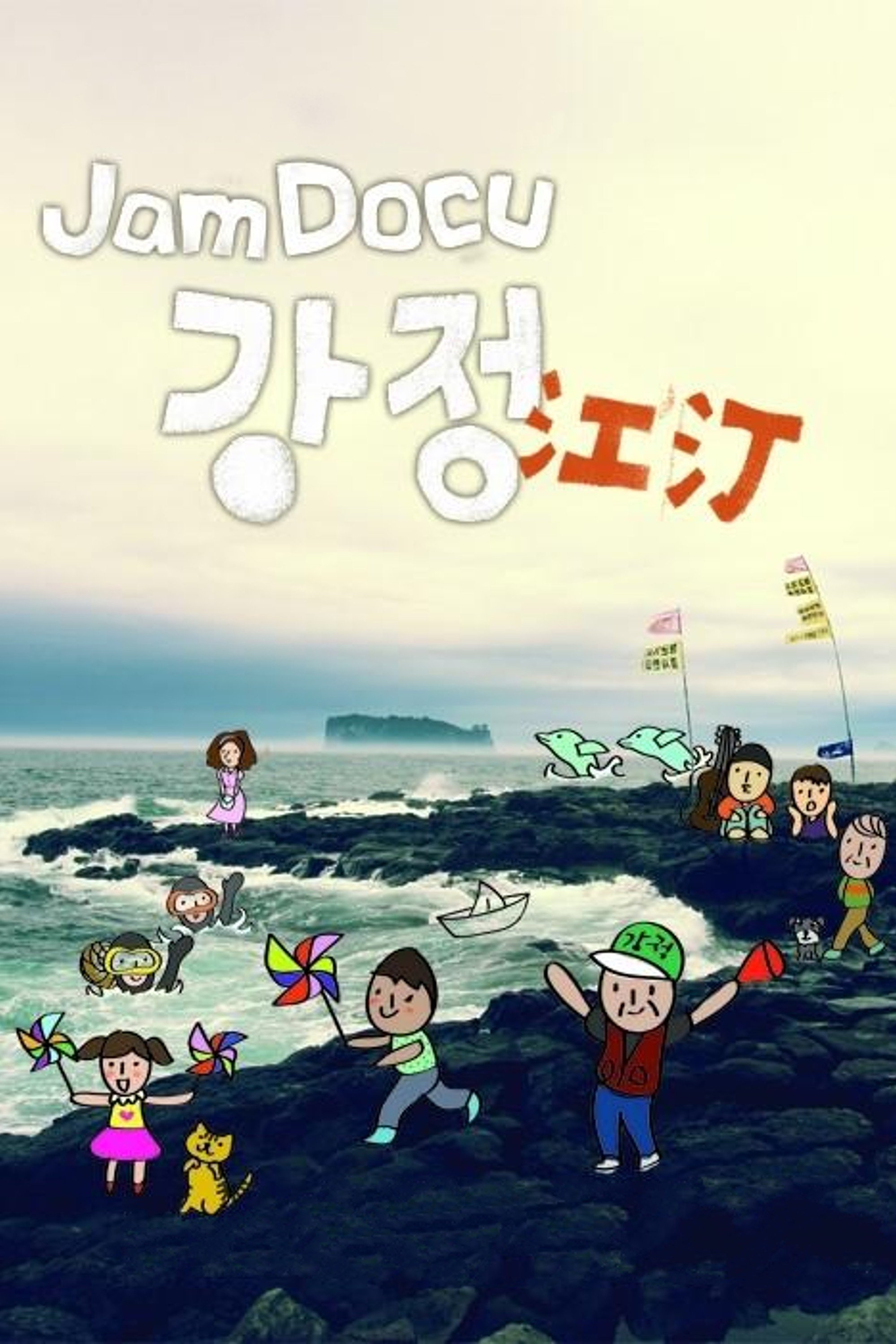
Jam Docu GangJeong
Released on: 2011-12-22
Documentary
Gangjeong Village, located at the southernmost part of Jeju Island's Seogwipo City, is in the true s...
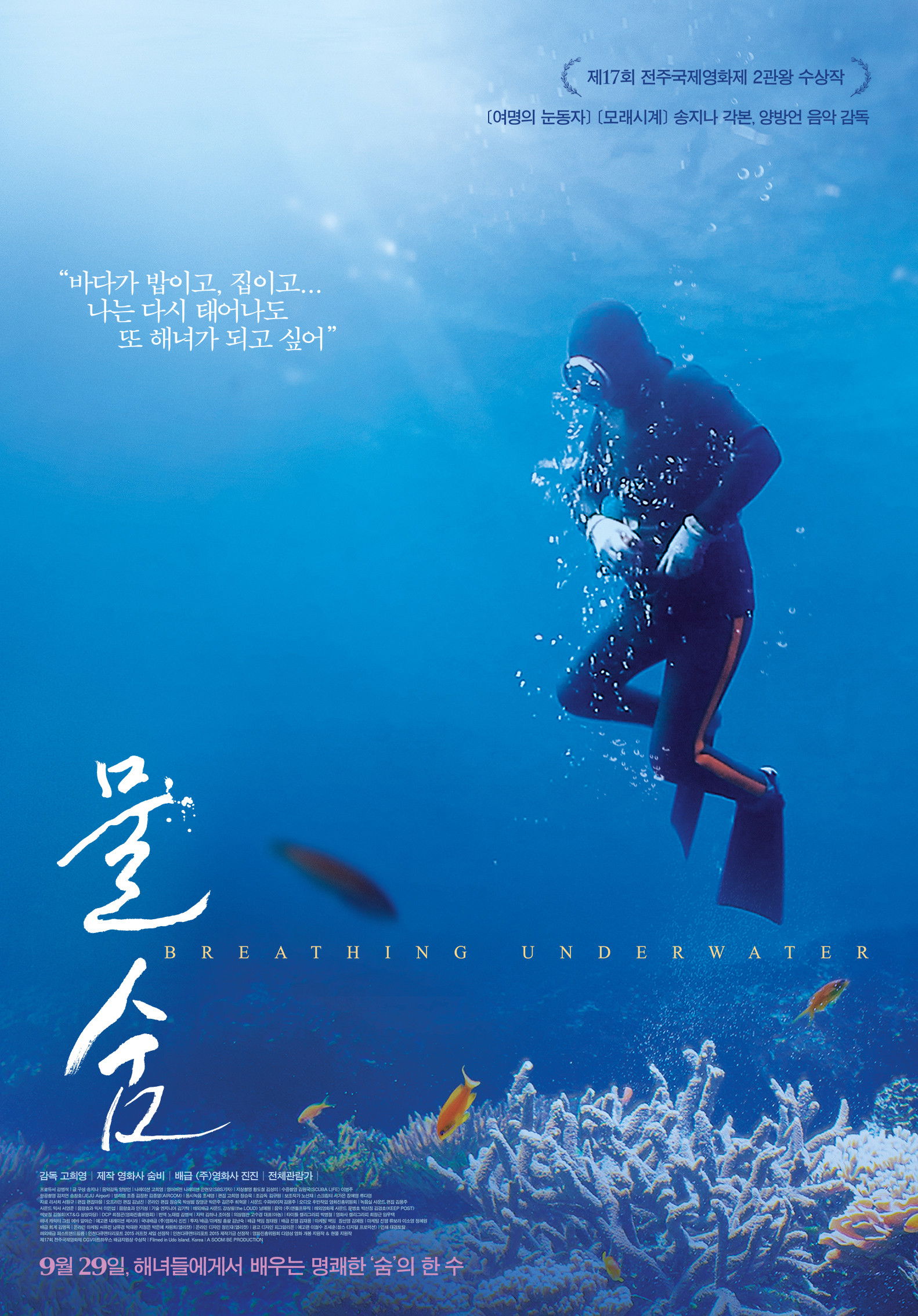
Breathing Underwater
Released on: 2016-09-29
Documentary
In Jeju Province, located off the southern coast of Korea, are the women of the sea, those who hold ...
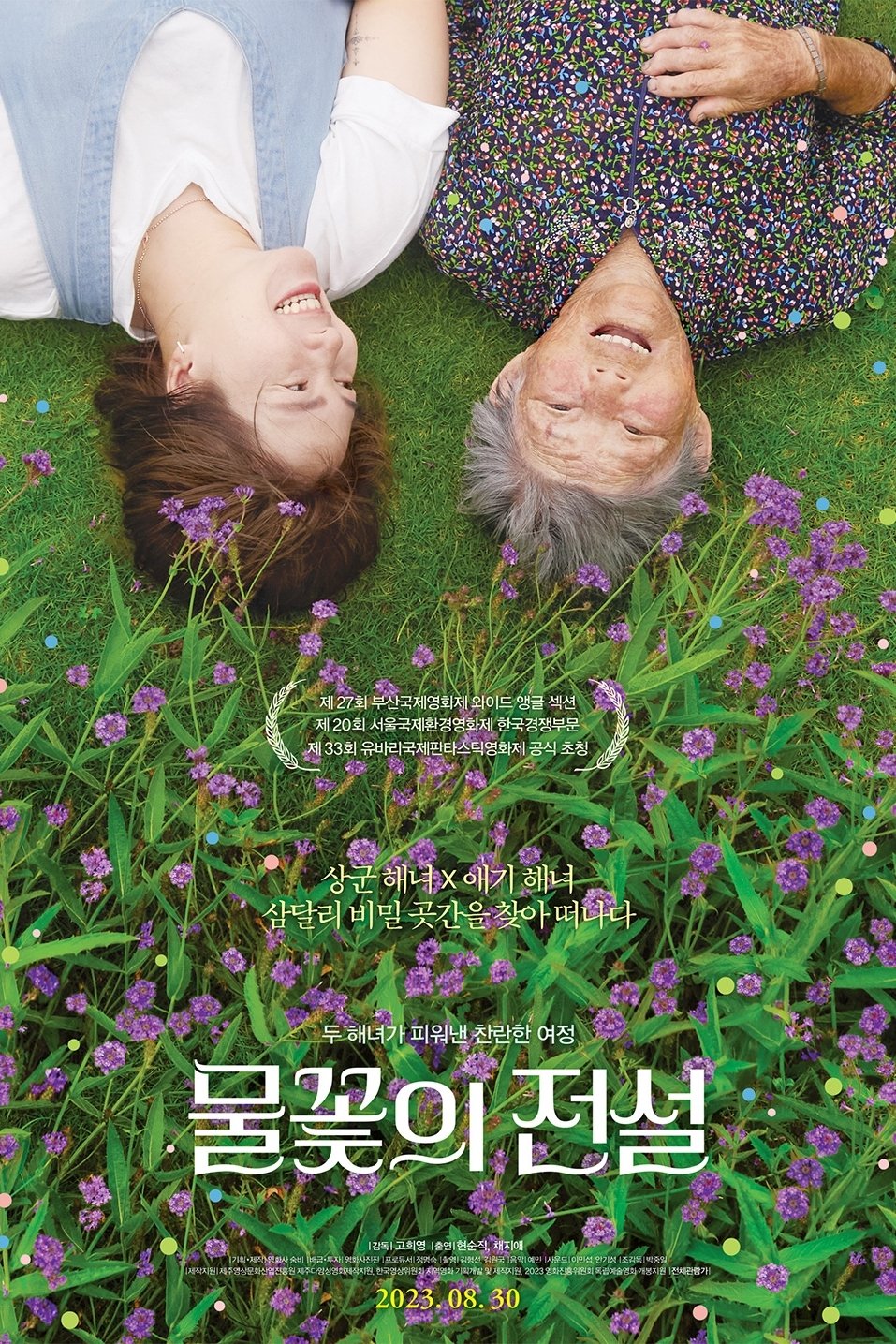
Legend of the Waterflowers
Released on: 2023-08-30
Documentary
Hyun Soonjik is the oldest living resident in Jeju Island. A natural diver with good skills, she bec...
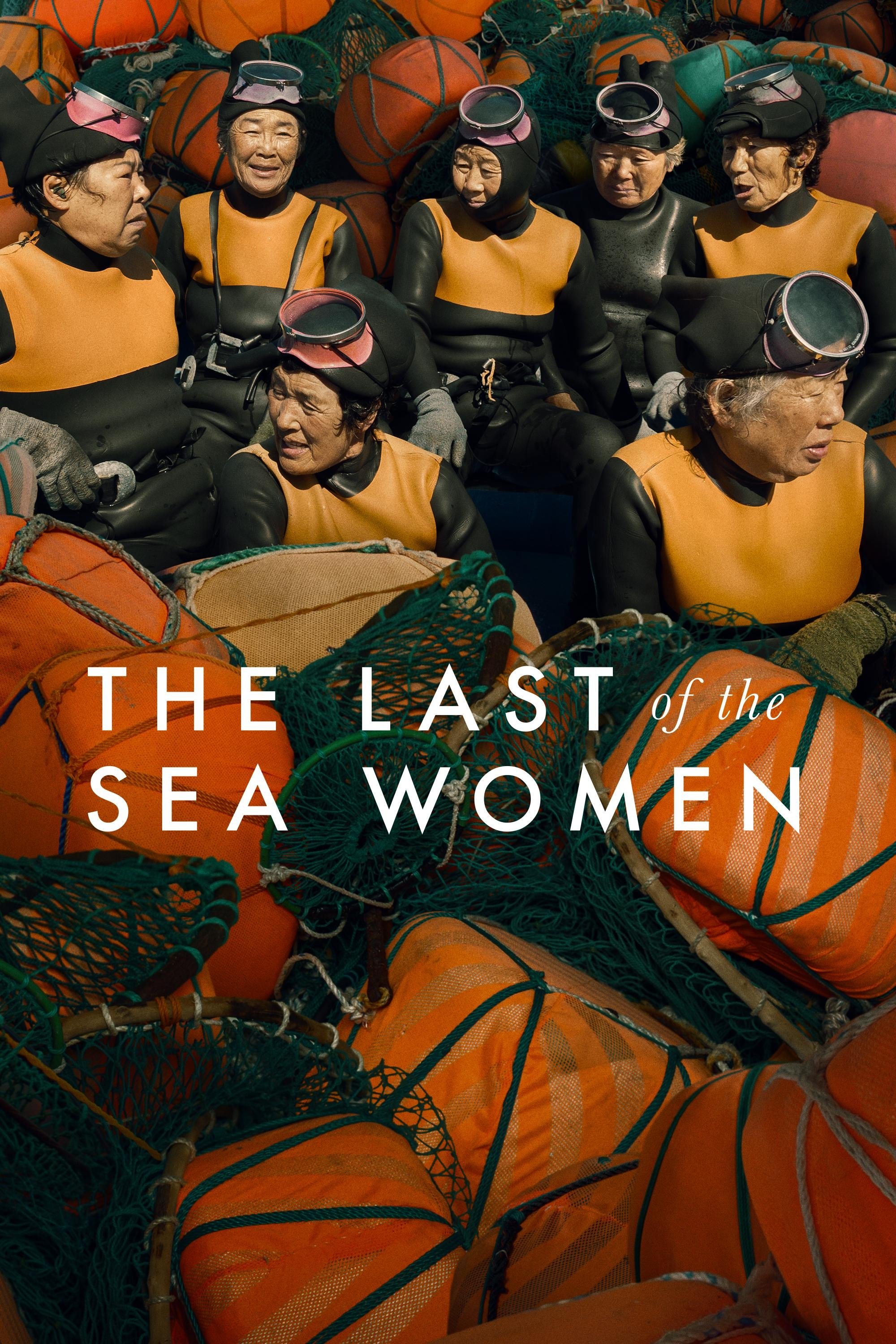
The Last of the Sea Women
Released on: 2024-09-08
Documentary
On the shores of Jeju Island, a fierce group of South Korean divers fight to save their vanishing cu...

Red-Hunt
Released on: 1997-05-25
Documentary
70 years ago, a massacre called ‘Red Hunt’ occurred in Jeju island. Over 6 years, countless lives we...

Burial Of This Order
Released on: 2023-03-16
Documentary
In an abandoned resort on the South Korean island of Jeju, a group of people perform a symbolic fune...
